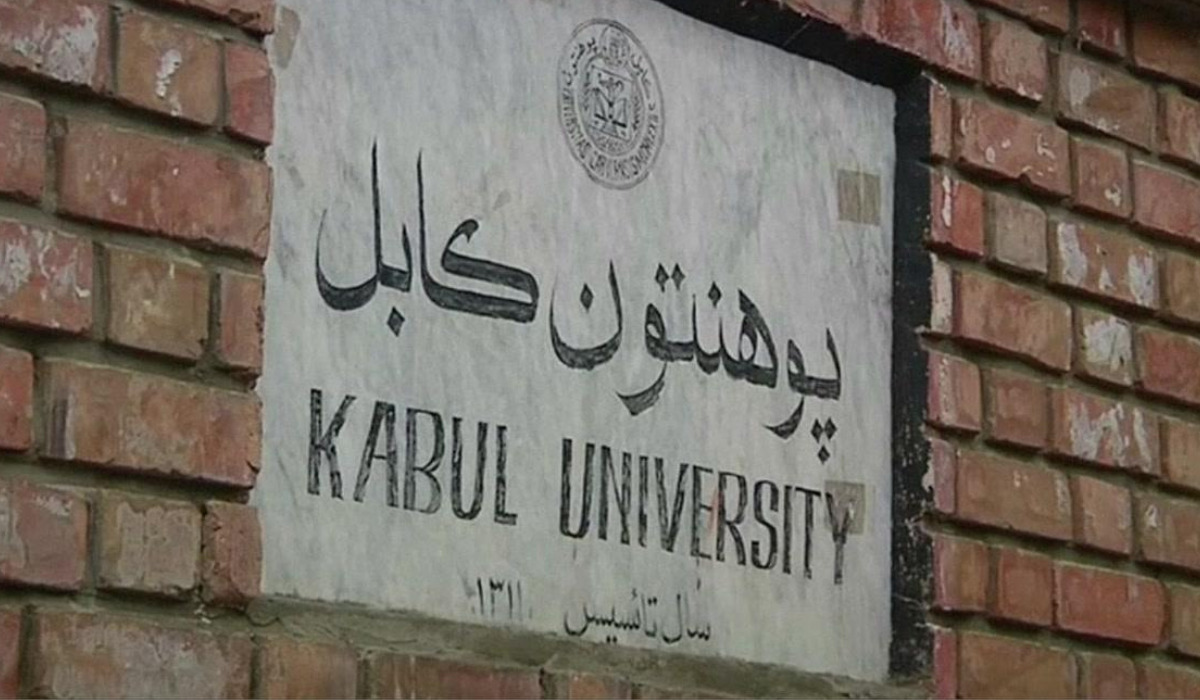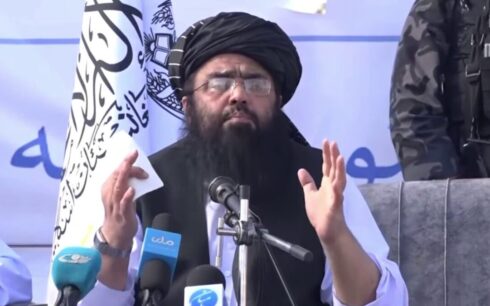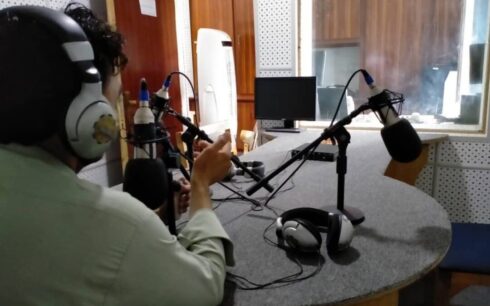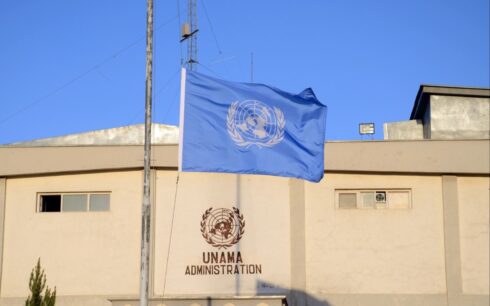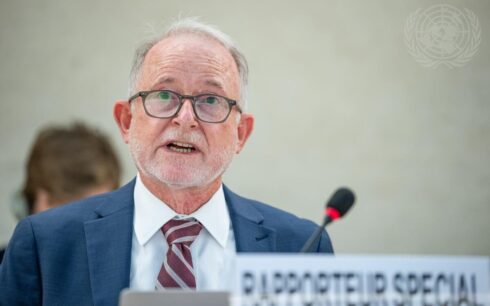The Taliban-run Ministry of Higher Education has sent a letter to Kabul University’s directorate asking lecturers to avoid the use of certain Persian words in their research papers, books and other written work and to use the full title of “national and religious” figures.
The letter, dated 27 May, 2023, confirmed by a source from the office of Taliban spokesman for the Ministry of Higher Education, said Persian words for instance for “university, court, faculty, student, and others,” as well as some Pashto words, should not be used as they were “imported words from other languages” and that “national words” should be used instead.
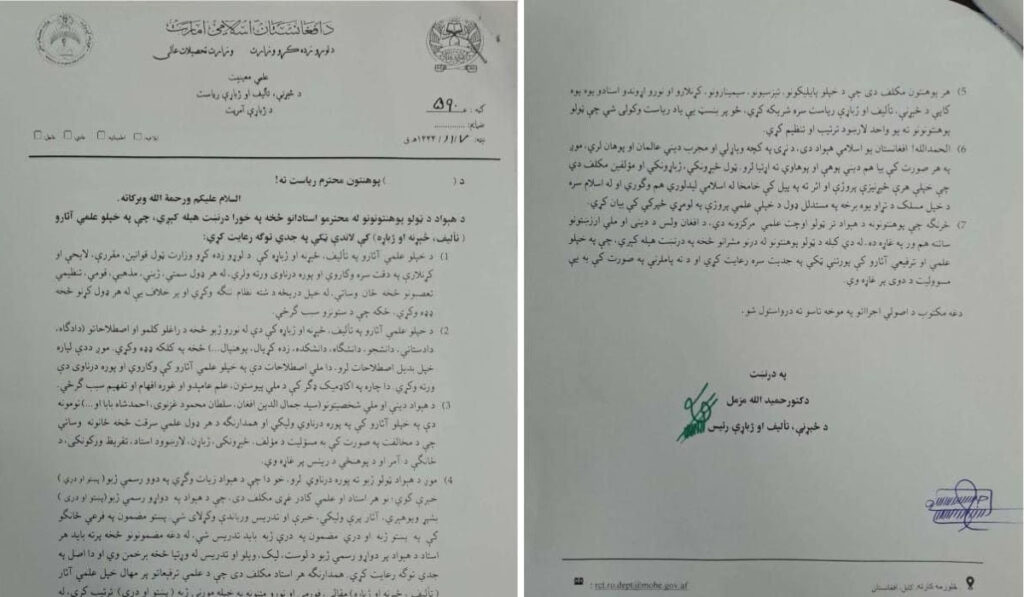
Lecturers have also been asked in the letter to use “with full respect” names of national and religious figures such as Sayed Jamaluddin Afghan and Ahmad Shab Baba and others in their research and written work.
Taliban has also asked university lecturers to make sure they have full command of Farsi and Pashto and that they should have research and written work in both languages.
“We respect all languages in the country but the fact that a big part of the country’s citizens are communicating in Pashto and Dari (Farsi), therefore, every lecturer must have full comprehension of both languages, should be able to write research [papers], speak and give lectures [in both languages]. This principle needs to be observed thoroughly,” says the letter.
The use of a Farsi word for university, student, court, judge and others has been an issue for many years in the country. In 2011, it led to protests at Kabul University.
Taliban removed the Farsi word of university, or “danishgah” from the banner of Balkh University just months after returning to power in Afghanistan.

A number of writers said that the letter shows that Taliban is trying to fuel discrimination and it is disrespectful of all Farsi speakers.
This is the first time that lecturers at public universities have been asked to make sure they are fluent in both national languages.
Under the previous governments, the law of higher education said that higher education in Afghanistan can be carried out in two official languages and that teachers in Farsi-speaking provinces can teach in Farsi and teachers in Pashto-speaking provinces can teach in Pashto.

